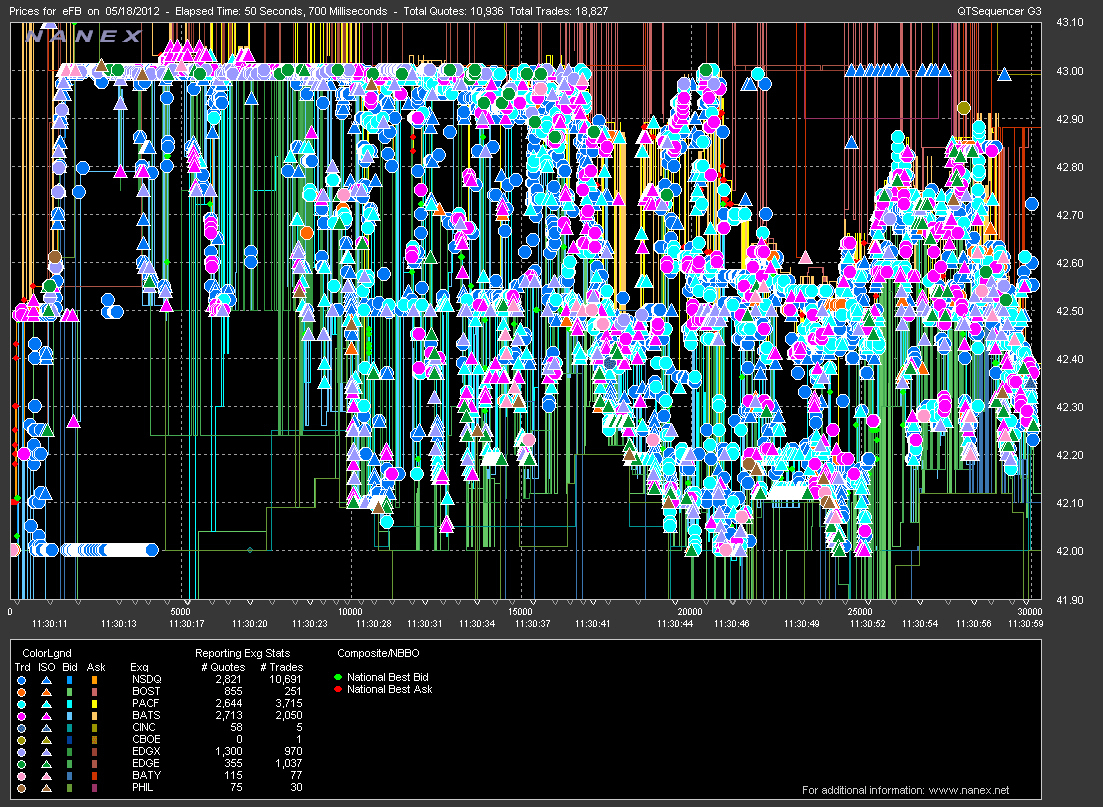2 Reasons Why High Frequency Trading Is Overhyped
You’ve read the headlines, listened to the pundits, and acquired interesting novels about the intrigue, greed, and evil that is High-Frequency Trading. Over the remaining several years, HFT has taken the sector of Wall Street through the storm and has precipitated no scarcity of controversy among the various marketplace participants. HFT is the method of using laptop applications to shop for and promote securities with lightning speed, executing heaps of trades in a second, a great deal to the chagrin people mortals who’re limited by using our reflexes. But is High-Frequency Trading simply the foundation of all evil? Below are five arguments for why HFT is more significant than only a vessel for greed and is, in fact, just any other device like every other:

1: Controversy is an enterprise
To get it right out of the way, corporations that utilize HFT aren’t the only businesses being profitable off the phenomenon. At the risk of sounding like a political nutcase, which I’m now not, I swear, news stores are not always out to report the most precious facts. Most of the revenue for these stores comes from classified ads and royalties, which are all tied to the range of visitors these outlets have. In many instances, instead of spending time and power to record new principles all of the time, it is less complicated to sensationalize current arguments. However, this controversy isn’t limited to the news stations, and many writers are gaining prominence by discussing (examining: crucifying) HFT as a practice. Whether or not humans need to be able to make money with this generation is debatable, but is making the most of the argument any more legitimate?
2: It’s the next logical evolution in trading
There are numerous ways to approach research in the wild global of investing. The two most vast classes of due diligence are fundamental evaluation and technical analysis, which are usually stressed. Fundamental analysis looks at what a company does, how the firm performs, the enterprise performance, and so forth. And you decide with the expectation that you expect an increase. Fundamental analysis is regularly very time-consuming, monotonous, and no longer glamorous. Fundamental analysis is, however, an utterly robust approach to valuing investments, and it’s miles this creator’s personal belief that most hit investors perform some degree of fundamental analysis in their choice process.













